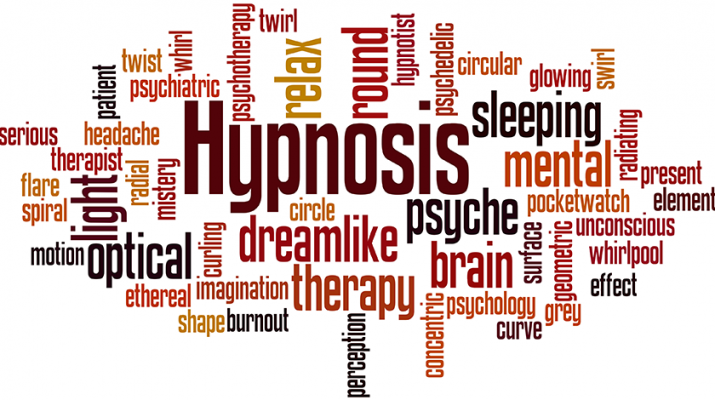Hypnosis Helps Break Addiction
By Deborah Jeanne Sergeant

Addiction isn’t easy to break.
“Over 20 million Americans over the age of 12 have an addiction, excluding tobacco,” according to AddictionCenter (www.addictioncenter.com).
The site further states that “100 people die every day from drug overdoses. This rate has tripled in the past 20 years.”
Among the many types of assistance available, hypnosis has been shown to help people change their ways.
Helga Rahn, certified hypnotist and owner of Inner Harmony Hypnosis in Rochester, said that the modality is very effective. “I work directly with the person’s inner subconscious mind that holds the emotional need to use a substance, even when consciously, the person does not want to.”
By tapping into the reason clients had initially chosen addiction over healthy coping mechanisms, Rahn said she can help them achieve better success in beating the addiction.
For some people, simply working on the level of the conscious mind isn’t as effective.
“It does not always get to the core emotional need and oftentimes change is only temporary,” Rahn said.
The client may also hold to false beliefs, what Rahn calls “inner mind programming,” that cause them to turn to substance abuse to console themselves.
Rahn works with clients to replace those with thoughts and feelings that are positive.
She encourages clients to follow their doctor’s directions for seeking traditional rehabilitation concurrently with hypnotherapy.
At Brighter Life Hypnosis in Rochester, owner Sharon Altman, clinical hypnotist, said that what clients are dealing with doesn’t matter; hypnosis works on the same mechanism, although different techniques may be used.
“This is a self-help modality,” Altman said. “I’m not treating someone. I do something very different. My methods are about opening you up a person to a process of self-discovery to get to the underlying issues that drive compulsive behavior.”
It’s not a matter of placing people in a trance and they wake up transformed. Clients are aware of the interaction, but in a relaxed state of internal focus in which they can explore what prevents them from doing what they need to do.
“It’s wonderfully relaxing and not that different than a state where people are daydreaming, meditating or deeply in prayer,” Altman said. “If you’re deeply engrossed in a movie, that’s similar.”
Once in the comfortably relaxed state, Altman guides clients in clearing out self-limiting thoughts that block who they really are.
Sessions can last as long as two hours or more.
To become successful, clients need to be willing to change.
“That’s critical,” Altman said. “They have to do it for their own benefit and they have to be ready to change because they are going to change. If you’re really not ready, you won’t change, especially for smoking.”
Clients usually need three to six sessions to resolve their issues.
Rekha Shrivastava, certified hypnotist and certified rehabilitation counselor and credentialed alcohol and substance abuse counselor, operates Blossom Hypnosis in Pittsford. She said that the changes made during hypnosis sessions have a 95 percent retention rate.
“It becomes internalized and it changes the behavior,” she said. “I might make suggestions to how to deal with stress and anxiety rather than turning to drugs or alcohol. Those suggestions can be embedded. I give them an audio recording to reinforce it.”
She had worked in talk therapy for 20 years at Unity Health System and now combines that method with hypnotherapy.
She also addresses root issues, such as grief, abuse or phobia to resolve the reasons for addiction.
“The conscious mind has a tendency to rebel, even though you know drugs are harmful,” Shrivastava said. “Somehow, you give in because you act on the buzz and do it. The subconscious mind is not impulsive. I have clients who were addicted who now don’t want to touch the things to which they were addicted, like drugs or alcohol. Those suggestions will start working and the person can stay sober.”
She said that the “cognitive restructuring” helps clients resist the substance to which they were addicted because they now can manage stress healthfully.
Hypnotherapy rates range from around $105 to $150 per session. It’s usually not covered by health insurance.

